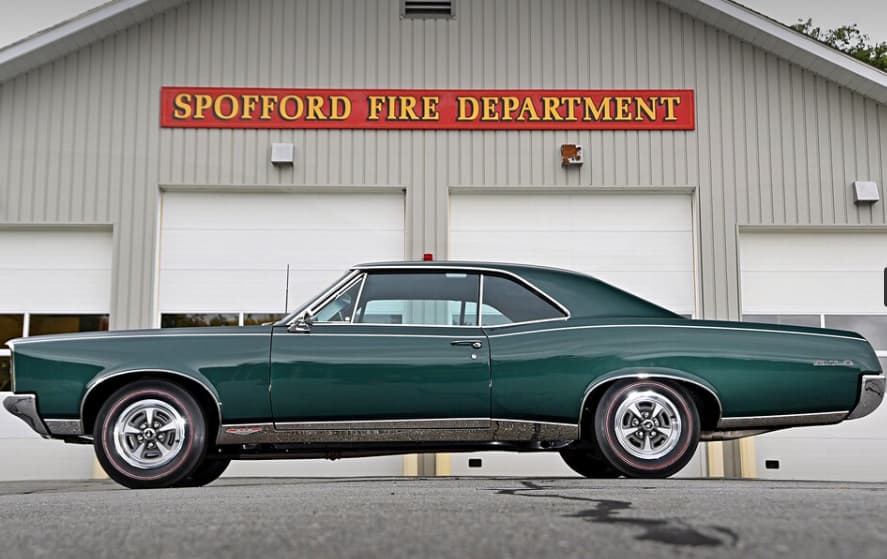Classic cars, with their timeless elegance and mechanical ingenuity, hold a special place in the hearts of automotive enthusiasts worldwide. More than just vehicles, these vintage machines represent a bygone era of craftsmanship, style, and driving pleasure. Whether you’re a seasoned collector, a first-time buyer, or simply fascinated by automotive history, this comprehensive guide delves into the captivating world of classic cars.
A Journey Through Time: The Enduring Appeal of Classic Cars
The allure of classic cars extends far beyond mere nostalgia. These vehicles evoke a sense of wonder, transporting us back to a time when design took center stage and driving was a sensory experience. Owning a classic car is like owning a piece of history, a tangible link to the past that continues to turn heads and spark conversations today.
Navigating the Classic Car Market: Tips for Buyers and Sellers
The classic car market is a vibrant and diverse landscape, with options for every budget and taste.
Buying a Classic Car:
- Define Your Desires: Determine the specific make, model, and year you’re interested in. Consider factors like intended use, budget constraints, and maintenance capabilities.
- Research Extensively: Explore reputable online marketplaces, auction websites, and classic car forums to gain insights into market values, common issues, and reputable sellers.
- Thorough Inspections: Always have a qualified mechanic specializing in classic cars perform a pre-purchase inspection to assess the vehicle’s condition, identify potential problems, and ensure it’s a sound investment.
Selling a Classic Car:
- Accurate Valuation: Research recent sales of similar models to determine a fair asking price. Consider professional appraisals for a comprehensive evaluation.
- Detailed Documentation: Compile all available service records, restoration details, and ownership history. This documentation enhances the vehicle’s provenance and appeal to potential buyers.
- Effective Marketing: Utilize high-quality photographs, engaging descriptions, and targeted advertising on classic car platforms to reach a wider audience of potential buyers.
The Art of Preservation: Maintaining Your Classic Car’s Glory
Maintaining the pristine condition of a classic car is crucial for preserving its value and ensuring its longevity.
Regular Maintenance Essentials:
- Fluid Changes: Regularly change the engine oil, transmission fluid, coolant, brake fluid, and differential fluid to prevent wear and tear on vital components.
- Tune-Ups: Periodic tune-ups, including spark plug replacement, air filter cleaning, and carburetor adjustments (for older models), optimize engine performance and fuel efficiency.
- Brakes and Suspension: Inspect and service the braking system, including pads, rotors, calipers, and lines, to ensure safe and reliable stopping power. Maintain the suspension system for optimal handling and ride comfort.
Storage and Protection:
- Climate-Controlled Storage: When not in use, store your classic car in a climate-controlled environment to protect it from extreme temperatures, humidity, and UV damage.
- Protective Covers: Use a high-quality car cover to shield the paintwork from dust, scratches, and other environmental hazards.
Classic Car FAQs: Addressing Common Queries
1. What qualifies a car as a “classic”?
While definitions vary, cars over 25 years old are often considered classics. Factors like historical significance, limited production runs, and iconic design also contribute to a car’s classic status.
2. Are classic cars expensive to insure?
Classic car insurance policies typically differ from standard auto insurance. They often consider the vehicle’s appraised value, limited mileage usage, and storage arrangements, which can result in more specialized and potentially affordable coverage.
3. Where can I find parts for my classic car?
Specialized suppliers, online retailers, and classic car clubs often offer a wide range of parts, from common replacements to rare and discontinued items.
4. Are classic cars reliable for daily driving?
While many classic cars can be reliable with proper maintenance, they might not offer the same level of modern conveniences, safety features, or fuel efficiency as newer vehicles.
5. How do I determine the value of my classic car?
Online valuation tools, professional appraisers, and auction results provide insights into a classic car’s worth. Condition, rarity, and market demand significantly influence value.
Embark on Your Classic Car Journey
Owning a classic car is a rewarding experience that connects you to automotive history and a passionate community of enthusiasts. Whether you’re drawn to the sleek lines of a vintage sports car or the rugged elegance of a classic truck, immerse yourself in the world of classic cars and discover the joy of owning a piece of the past.
